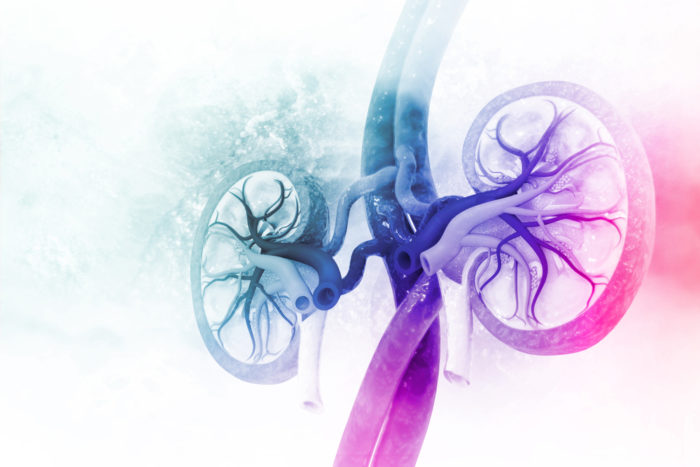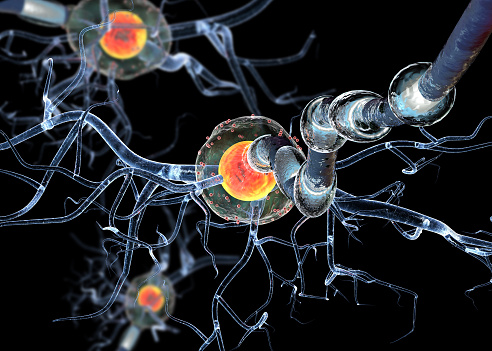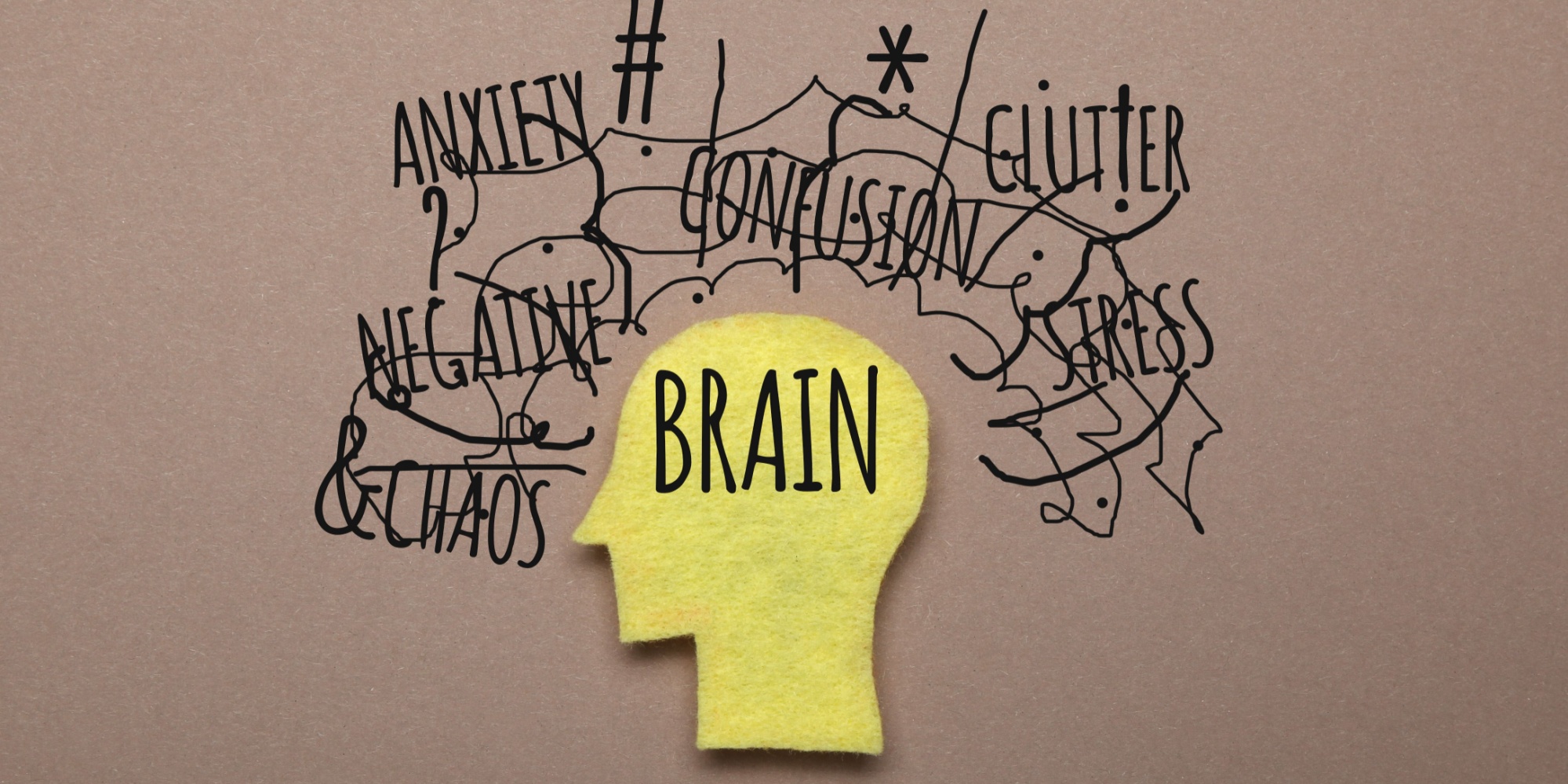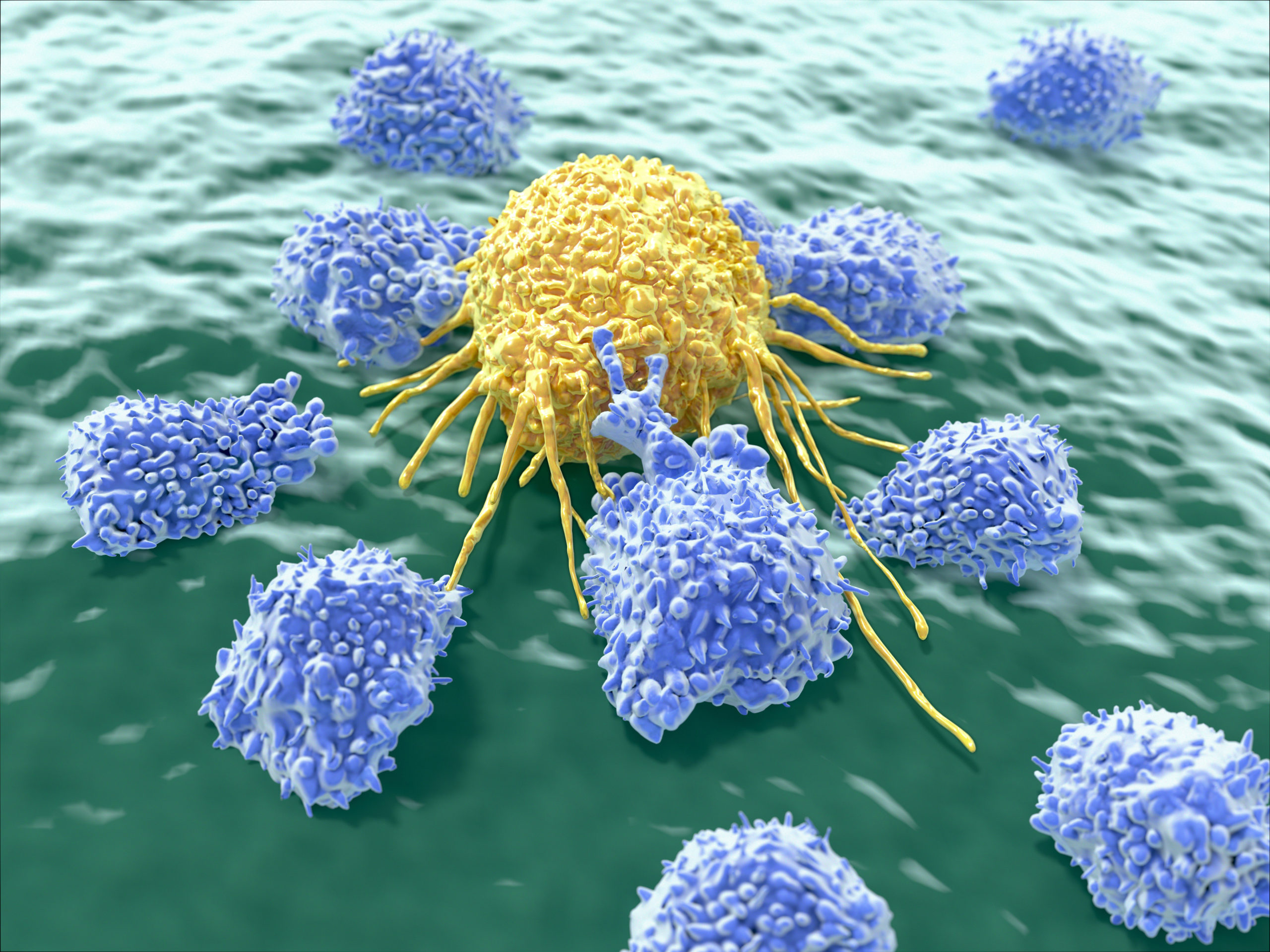
How can you reduce the risk of developing kidney disease?
September 1st, 2021Healthy kidneys are remarkable, they remove things at the right time, in the right way and pass as little as 600ml of urine per day. As we age some people experience an overactive bladder and toilet facilities become a place of great relief but also increasing concern. If you feel the need to urinate more often, especially at night, this could be a sign of kidney disease.
One of your personal goals should be to live a healthy life, healthy kidneys help to maintain a perfect internal environment for all the other vital organs in your body.
Your kidneys are the ultimate multi-taskers
Your two kidneys are located near the back muscles in the upper part of the abdomen, one on each side. Their size ranges between 10-13cms and on average weigh around 50grms. Nearly 1.25ltrs of blood flow through the kidneys every minute and the kidneys filter and cleans the blood many times a day. They are the ultimate multi-taskers, two of the hardest working organs in the human body.
Kidneys are the complex caretakers of the human body
A build-up of toxins in the body can make a person very unwell unless the toxins are removed. The kidneys get rid of excess water and toxins but retain essential chemicals that need to be absorbed back into the bloodstream. Healthy kidneys prevent an acid build up in the blood, they help to maintain blood pressure and prevent anaemia by secreting a hormone called ‘erythropoietin’. They produce an active form of Vitamin D to help with good bone health and also assist in maintaining blood sugar levels. The kidneys are super filters and maintain essential bodily functions, they are complex caretakers of the human body.
Even the most advanced technology cannot replace the kidneys because of their complexity
10% of the world population is affected by Chronic Kidney Disease (CKD) and millions die each year. Over 2 million people worldwide currently receive treatment with dialysis or kidney transplant to stay alive. The estimated number of cases of kidney failure will increase disproportionately in developing countries, such as China and India where the number of elderly people is increasing. CKD can be treated with early diagnosis and it is possible to slow down or stop the progression of kidney disease. However, even the most advanced technology cannot replace the kidneys because of their complexity. Sadly, with advanced CKD, if a human kidney transplant isn’t available then the chances of survival are minimal. What are the mortality rates associated with CKD? Read a recent publication here.
Prevention is better than cure
As the scientific experts say, prevention is better than cure, so, how can you reduce your risk of developing kidney disease? There are several ways and today is a great day to start.
- Get your kidney function tested regularly – ask your doctor for more information. This test is especially important if anyone in your family has had CKD if you have high blood pressure or are diabetic
- Monitor your blood pressure – when was the last time you had it checked? High blood pressure accelerates kidney damage
- Stay well hydrated – do you drink enough water? Water helps the kidneys clear toxins from the body, which can significantly lower the risk of developing CKD and reduce urinary tract infections
- Don’t smoke – put those cigarettes down. Smoking slows blood flow to the kidneys, decreasing their ability to function properly
- Keep fit and active – when was the last time you went for a walk? Exercise helps you reduce your blood pressure, high blood pressure is one of the key causes of the disease
- Keep your weight in check – being overweight can increase the chances of developing illnesses, including increasing your blood pressure and chances of developing diabetes
- Eat healthily – are you watching how much salt, sugar and high-fat foods are in your diet? Eating a diet rich in vitamins, minerals, protein and some carbohydrates is essential
A product worth a mention is the Kidney Bioregulator (Nature’s Marvels™).
Helps to normalise the KIDNEY function especially in cases with patients suffering from gout nephropathy along with reducing uric acid and urea. It may also help with urothiasis disease, renal failure and chronic pyelonephritis. May also be used in combination with the Bladder and Blood Vessel Bioregulators. More information available here: https://www.antiaging-systems.com/products/kidney-bioregulator-natures-marvels/
Much like with many illnesses and diseases, building awareness can save lives. Every March ‘World Kidney Day’ brings together medical experts and people who are affected in some way by kidney conditions. In March 2021 the hot topic was the epidemic and kidneys, there was a report about the impact of living with kidney disease and patient’s voices were heard. Find out more about World Kidney Day here.
For those facing the many challenges associated with kidney conditions, there is always hope. See how the National Kidney Foundation key researchers are making strides in the fight against kidney disease.
Further Reading:
Kidney disease
https://www.kidney.org/atoz/content/about-chronic-kidney-disease
Dialysis
https://www.nhs.uk/conditions/dialysis/
Kidney transplant
https://www.nhs.uk/conditions/kidney-transplant/
Mortality rates
World kidney day
National Kidney Foundation
https://www.kidney.org/professionals/researchspotlight
References
https://www.kidney.org/kidneydisease/global-facts-about-kidney-disease








